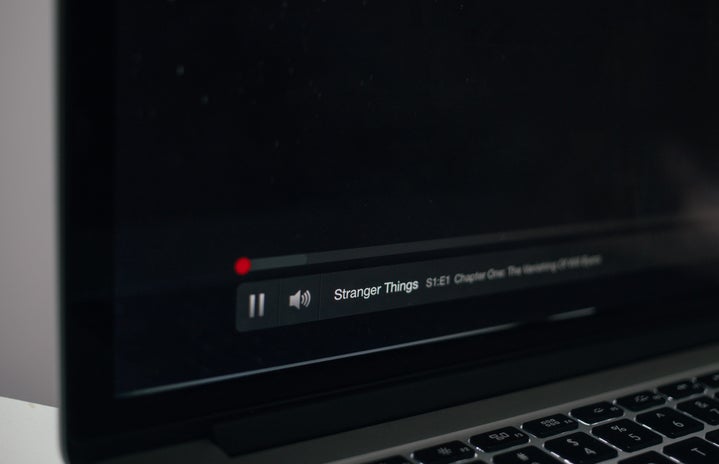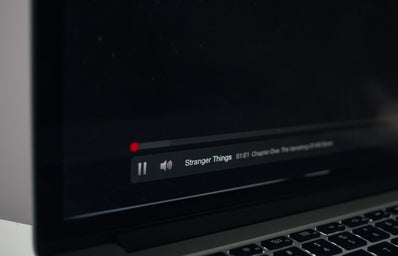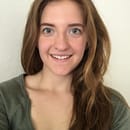On January 1st, Netflix released the first season of their new series Tidying Up With Marie Kondo, which follows Kondo as she goes from home to home to help American families declutter. Widely known for her book The Life-Changing Magic of Tidying Up, Kondo is the creator of the KonMari method which guides one to declutter by category while maintaining a specific mindset.
If you’ve been anywhere on the internet recently you’ve likely already heard about this and perhaps have even already watched the show yourself. But besides the handy organizational tips that Kondo offers, there are a few key things that you should take away from the booming Netflix show.
The purpose of properly viewing and reflecting on your possessions.
Perhaps the most popular and crucial aspect of the KonMari method is to declutter by approaching each of your possessions and asking if it brings you joy. If it doesn’t, you get rid of it. This concept of joy seems somewhat baffling or ridiculous to many people. But before you scoff at this and scroll on, consider what Kondo is truly asking people to do with their items.
I don’t know about you, but I have at least four pairs of jeans that I never wear because I dislike the way they fit. So you might wonder, why do I still have them? This act of taking the time to properly reflect upon your possessions is designed to help you consider the place each item has within your home and what, if anything, it means to you. The goal of the process is to become thoroughly conscious of what you own and why.
You can have as many goddamn books as you want.
Recently, there has been outrage over Kondo’s statement regarding book ownership, specifically surrounding her own personal library which she keeps at around 30 books. Book lovers everywhere seem to have taken offense, many perceiving that she means for everyone to adhere to this, despite the fact that it is solely her personal preference.
As an English major and a fellow book lover, I am tired of witnessing such misconstrued outrage. I have seen hundreds of Facebook comments and tweets of people ridiculing Kondo or boldly claiming they would never give away any of their books, ever. Some are jokes, sure, but many reek of aggression and pretentiousness.
So I will say it once, and hopefully never again: Marie Kondo is not coming for anyone’s books and if they bring you joy, keep them. If you want to collect thousands of books and shelve them proudly, go for it. If you want to trade in or donate old books or ones you don’t plan to read again, please feel free ─ after all, there are plenty of book charities that serve underprivileged communities and strive to spread the joy of reading with others.
Many Americans seem to struggle with materialism and consumerism.
While the homes in Tidying Up With Marie Kondo are nothing like those in A&E’s Hoarders, there still seems to be one thing that is clear: the average American, insofar as represented by the show, has a lot of stuff, which more often than not leads to stress, deep emotional pain, and relationship problems.
While it is unwarranted to shame anyone for their clutter, there are many moments throughout the show that are painful to watch as individuals struggle with strong emotional attachments to items, whether holiday decorations or clothes of a lost loved one, or a clear obsession with shopping. These instances reveal how truly pervasive and complex materialism and consumerism are in our modern society.
Each episode follows the journey of a household over the course of a month as they confront their struggles with clutter head-on and seek guidance and accountability from Kondo. While there is no doubt that the problems each individual faces are not permanently resolved, the thoughtful and immersive process allows for the acknowledgment of deep-rooted issues and for the reevaluation of how one views acquiring and housing material possessions.



